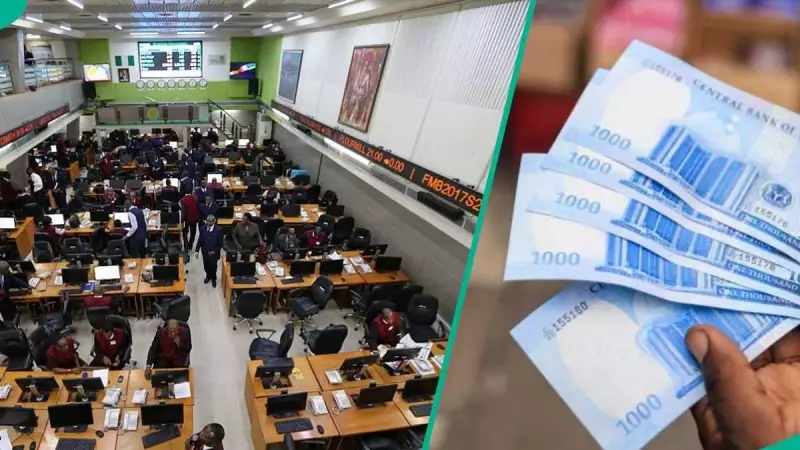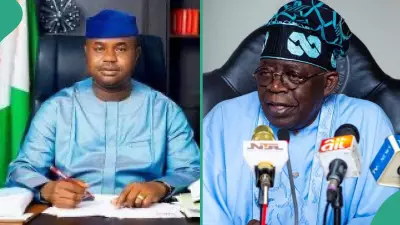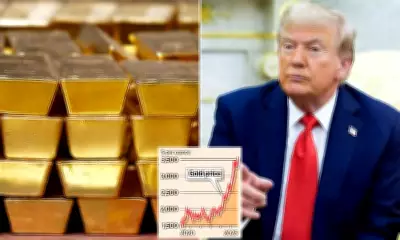
The Nigerian stock market witnessed another day of significant declines on Wednesday, extending losses as political developments in the United States continued to rattle global investors. The market's downward spiral has been largely attributed to what analysts are calling the "Trump Effect" - the impact of former President Donald Trump's political resurgence on international financial markets.
Market Performance Takes a Hit
The Nigerian Exchange Limited (NGX) saw its market capitalization plummet by an additional N449 billion, bringing the total loss over two consecutive trading sessions to a staggering N1.36 trillion. This substantial decline represents one of the most significant market contractions in recent months, highlighting the vulnerability of emerging markets to external political shocks.
Trump's Political Comeback Creates Global Ripples
Market analysts point to Trump's strong performance in the US presidential debate as the primary catalyst for the current market volatility. The uncertainty surrounding potential policy changes and their implications for global trade and investment flows has prompted investors to adopt a cautious approach, particularly in emerging markets like Nigeria.
Sector-Wide Impact Across Nigerian Equities
The market downturn affected various sectors, with notable declines observed in:
- Banking stocks: Major financial institutions saw significant price corrections
- Industrial goods: Manufacturing and production companies faced selling pressure
- Consumer goods: Retail and FMCG stocks experienced reduced investor appetite
- Oil and gas: Energy sector stocks mirrored the broader market trend
Expert Analysis and Market Outlook
Financial experts suggest that the current market behavior reflects typical investor response to political uncertainty in major economies. "When there's significant political development in the United States, emerging markets often experience capital outflows as investors seek safer havens," noted a Lagos-based investment analyst.
The market's performance underscores the interconnected nature of global finance and how political events in one part of the world can directly impact investment climates in completely different regions. Market participants are advised to maintain a long-term perspective while monitoring developments in the international political landscape.





